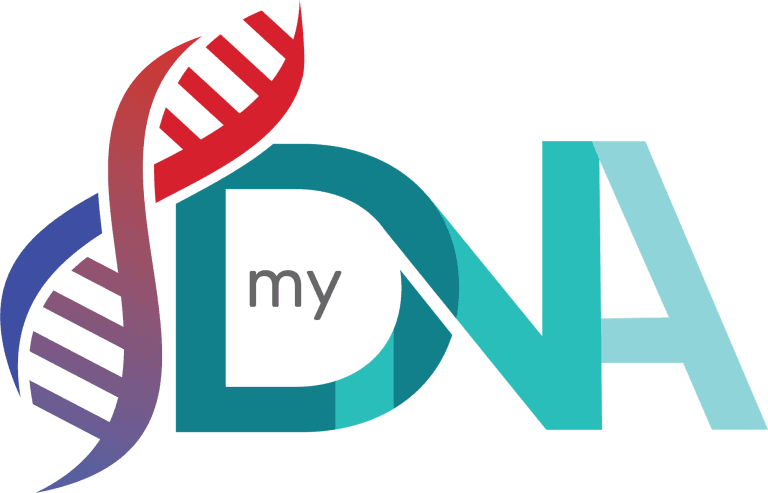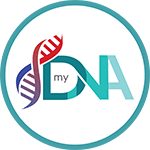In today’s world, personalised health solutions are becoming more accessible, and DNA testing is at the forefront of this revolution. DNA tests can provide valuable biological insights, from ancestry to genetic health risks. One fascinating application is using DNA testing to determine how well our bodies absorb and utilise nutrients.
Understanding the connection between genetic makeup and nutrient absorption can be vital to unlocking a healthier lifestyle and optimising our diets. This article explores how DNA testing reveals nutrient absorption levels, its benefits, and how it can help tailor a more effective nutritional plan for individuals.
What Is Nutrient Absorption?
Nutrient absorption is how our bodies take in vitamins, minerals, and other essential nutrients from our food. Once food is broken down in the digestive system, nutrients are absorbed into the bloodstream and delivered to various cells in the body to support functions like energy production, cell repair, and immune support.
However, nutrient absorption is different for everyone. Some people naturally absorb certain nutrients more efficiently than others. Genetic factors play a significant role in this process, affecting how well the body can absorb, process, and use specific vitamins and minerals.
The Role of DNA in Nutrient Absorption
Our DNA contains the blueprint for nearly every function in the body, including how we metabolise and absorb nutrients. Specific genetic variations, known as single nucleotide polymorphisms (SNPs), influence our bodies’ efficiency in absorbing and processing nutrients. These variations can either enhance or limit the ability to extract nutrients from our foods.
For example, certain genetic variations can influence how well the body absorbs vitamin D, while others may affect the metabolism of folic acid, iron, or omega-3 fatty acids. By analysing these genetic markers, DNA testing can provide insights into how efficiently your body absorbs specific nutrients and highlight potential deficiencies or imbalances.




